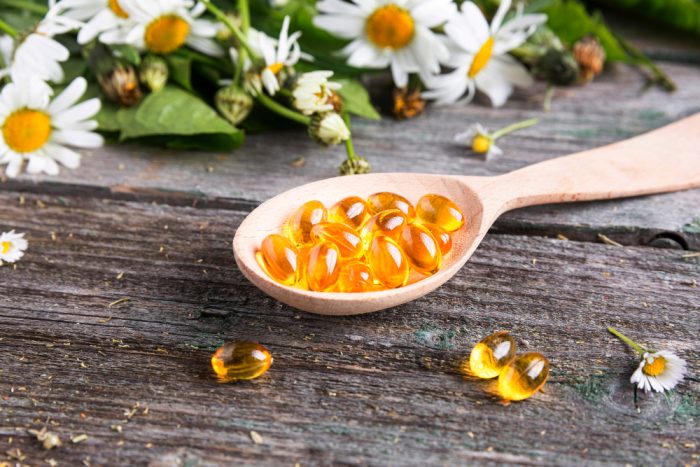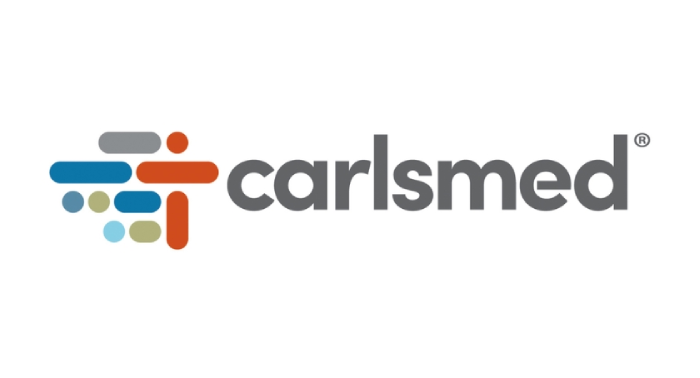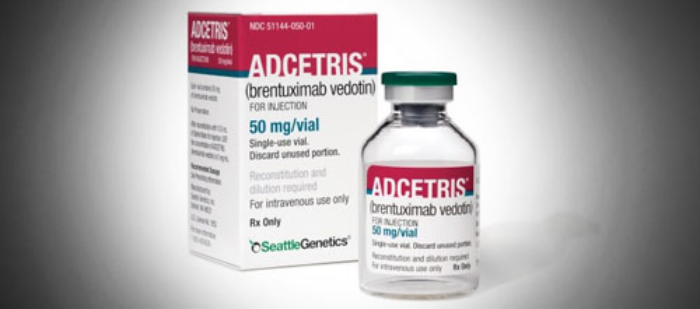Hey there, wellness warriors! Ready to embark on a journey into the fascinating world of hemp seeds and vitamin B1? Trust me, by the time you finish reading this deep dive, you’ll be wanting to sprinkle these tiny nutritional gems on everything from your morning smoothie bowl to your midnight snack. And no, I’m not being dramatic – the science behind these seeds is genuinely mind-blowing!
The Magic Behind Hemp Seeds’ Vitamin B1 Content
When most people think about hemp seeds, they might picture them as just another trendy topping at their local açai bowl spot. But let me spill the tea: these little powerhouses are actually one of nature’s most concentrated sources of vitamin B1 (thiamine). And before your mind wanders – no, these won’t get you high! The only high you’ll get is from feeling amazing after incorporating them into your daily routine.
Hemp seeds contain an impressive amount of natural vitamin B1, packing about 0.4 mg per 30-gram serving. That’s roughly 25% of your daily recommended intake in just two tablespoons! For comparison, you’d need to eat about three slices of whole grain bread or a whole cup of black beans to get the same amount. Talk about efficiency!
Understanding Natural Vitamin B1 Sources
The beauty of getting your vitamin B1 from hemp seeds lies in its natural packaging. While you can certainly grab vitamin B1 tablets from your local CVS (and we’ll discuss when that might be necessary later), whole food sources like hemp seeds offer what I like to call the “entourage effect” – they come with an entire spectrum of complementary nutrients that work together synergistically.
Think of it like this: getting vitamin B1 from hemp seeds is like attending a concert with the full band, while taking a vitamin B1 supplement is like listening to just the lead singer. Both can be great, but the full experience often provides something extra special.
The Science Behind Vitamin B1’s Mechanism of Action
Let’s geek out for a moment about the vitamin B1 mechanism of action, because it’s honestly fascinating. Imagine vitamin B1 as your body’s master key that unlocks cellular energy production. When you eat those hemp seeds, the vitamin B1 they contain gets converted into something called thiamine pyrophosphate (TPP), which is like the sparkplug in your cellular engine.
This process is particularly crucial for your brain, which is kind of a energy-hungry drama queen – it demands about 20% of your body’s total energy while only making up 2% of your body weight. Without adequate vitamin B1, your brain cells would be like teenagers trying to function without their morning coffee – sluggish and inefficient.
The Complex World of B-Vitamins: Understanding Vitamin B1 vs B12
While we’re on the topic of B-vitamins, let’s clear up some confusion about vitamin B1 vs B12. These two often get lumped together, but they’re about as similar as a TikTok dance and a waltz – related, but definitely not the same thing.
Vitamin B1 is your body’s energy conversion specialist, helping turn carbs and proteins into usable fuel. B12, on the other hand, is more like your body’s construction foreman, overseeing red blood cell production and nervous system maintenance. That’s why you’ll often find products containing vitamin with B1 B6 and B12 together – they’re like the dream team of cellular function.
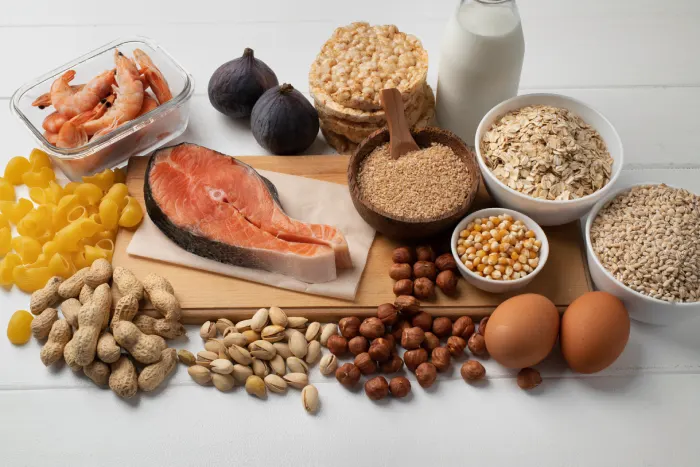
Health Benefits and Applications
Sleep and Relaxation: The Surprising Connection
Here’s something that might blow your mind: there’s a fascinating relationship between vitamin B1 and sleep. Recent research suggests that maintaining optimal vitamin B1 levels could be key to quality shut-eye. It’s not just about falling asleep faster – vitamin B1 for sleep might help regulate your entire sleep-wake cycle.
The mechanism behind vitamin B1 for sleep is pretty interesting. Remember how we talked about B1’s role in energy metabolism? Well, it turns out that same process helps regulate your circadian rhythm. It’s like having an internal clock that runs on vitamin B1!
Special Populations and Needs: A Closer Look
Now, let’s talk about something serious but super important: vitamin B1 deficiency in alcoholics. The relationship between vitamin B1 thiamine alcohol is particularly crucial. Alcohol is like that friend who shows up at your party and eats all the snacks – it significantly impairs your body’s ability to absorb and use vitamin B1.
Regular monitoring through a vitamin B1 blood test becomes essential for certain populations. A vitamin B1 lab test can reveal deficiencies before they become serious problems. Interestingly, what causes high levels of vitamin B1 in blood isn’t usually a concern since excess B1 typically gets excreted in urine – your body’s way of saying “thanks, but I’m good!”
Practical Applications Beyond Human Health
The versatility of vitamin B1 extends far beyond human nutrition, reaching into surprising areas of agriculture and pest control. Let’s explore these fascinating applications that might just change how you think about this essential nutrient.
Agricultural Applications: From Tiny Seeds to Thriving Crops
When it comes to vitamin B1 for plants, we’re looking at a game-changer in agricultural science. Plants actually produce their own thiamine, but supplementing with additional vitamin B1 can give them a serious boost, especially during stressful growing conditions. Farmers have discovered that adding vitamin B1 to their irrigation systems can help strengthen root development and improve overall plant resilience.
But here’s where it gets even more interesting – vitamin B1 for goats and other livestock has become a hot topic in animal husbandry. Goat farmers have found that proper vitamin B1 supplementation can help prevent a condition called polioencephalomalacia, which affects the animal’s nervous system. Similarly, vitamin B1 for dogs plays a crucial role in preventing thiamine deficiency, which can cause serious neurological issues in our furry friends.
The Mosquito Connection: Nature’s Bug Repellent?
Now, here’s something that might sound like an old wives’ tale but actually has some scientific backing – the relationship between mosquito repellent vitamin B1 and those pesky summer pests. While research is still ongoing, some studies suggest that taking vitamin B1 supplements might alter your body’s natural scent in a way that makes you less attractive to mosquitoes. Think of it as nature’s way of ghost-ghosting those uninvited party crashers!
Forms and Testing: Understanding Your Options
Available Forms: Finding Your Perfect Match
The world of vitamin B1 supplementation offers various options to suit different needs:
Vitamin B1 tablets represent the most common form, offering convenience and precise dosing. You’ll often find these at your local pharmacy, including B1 vitamin CVS brand options, which provide a cost-effective solution for many people.
For those who struggle with pills, vitamin B1 liquid supplements offer an alternative. These can be particularly useful for children or elderly individuals who have difficulty swallowing tablets. The liquid form also typically absorbs more quickly into your system.
A newer, more sophisticated option is vitamin B1 benfotiamine, a fat-soluble form of thiamine that some studies suggest may have better bioavailability than traditional supplements. Think of benfotiamine vitamin B1 as the premium rideshare service of the supplement world – it might cost a bit more, but it could get you to your destination more efficiently.
Monitoring and Testing: Keeping Track of Your B1 Status
Understanding your vitamin B1 levels isn’t just about popping supplements – it’s about knowing what’s happening inside your body. This is where vitamin B1 lab test procedures come into play. A vitamin B1 thiamine blood test can provide valuable insights into your B1 status, helping you and your healthcare provider make informed decisions about supplementation.
But what exactly does the test look at? A vitamin B1 blood test measures the amount of thiamine in your blood, which can indicate whether you’re getting enough of this crucial nutrient. However, it’s important to understand what causes high levels of vitamin B1 in blood – sometimes, elevated levels might not necessarily mean better function, as your body needs to be able to utilize the vitamin effectively.
Special Considerations: When Extra Attention is Needed
The relationship between vitamin B1 thiamine alcohol consumption deserves special attention. Chronic alcohol use can severely impact vitamin B1 absorption and utilization, leading to vitamin B1 deficiency alcohol-related complications. This is why vitamin B1 deficiency in alcoholics is a serious concern that often requires careful monitoring and aggressive supplementation.
For those in recovery or at risk, a vitamin B1 test becomes an essential tool for monitoring health status. Healthcare providers often recommend regular testing along with appropriate supplementation to prevent dangerous deficiencies.
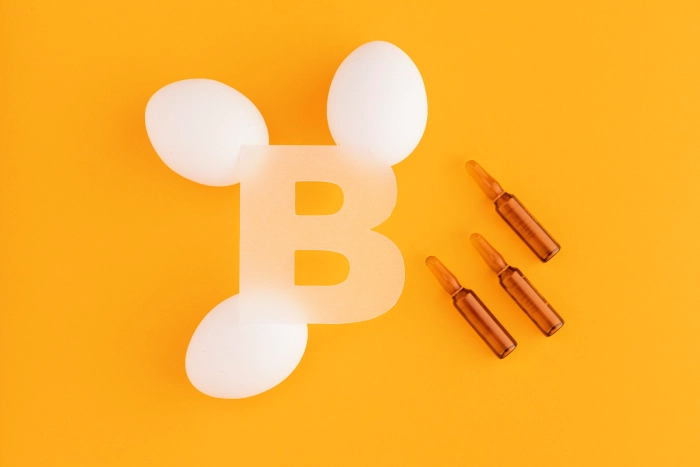
Cross-Cultural Applications and Understanding
The importance of vitamin B1 transcends cultural and language barriers. For our Spanish-speaking community members wondering about “vitamina b1 b6 b12 para que sirve,” these vitamins work together to support overall nervous system health and energy metabolism. Similarly, those researching “diclofenaco vitamina b1 b6 b12” should know that this combination is often used to address various neurological and inflammatory conditions.
Making Informed Choices: Selecting the Right Supplement
When choosing the best natural vitamin B1 supplement for your needs, consider these factors:
Bioavailability: How easily can your body absorb and utilize the vitamin? This is where natural B1 vitamin sources often have an advantage over synthetic options.
Form: Whether you prefer vitamin B1 tablets, vitamin B1 liquid, or specialized forms like benfotiamine, choose what works best for your lifestyle and needs.
Quality: Look for supplements that undergo third-party testing and come from reputable manufacturers. The cheapest option isn’t always the best value when it comes to your health.
Remember, while hemp seeds offer an excellent natural source of vitamin B1, sometimes supplementation becomes necessary. The key is finding the right balance between natural food sources and supplemental support while working with healthcare providers to monitor your levels effectively.
Natural Sources and Supplementation: A Deep Dive
Let’s explore the world of vitamin B1 fruits and other natural sources. While hemp seeds are superstars, they’re not the only players in the game. Here’s where things get interesting – different foods contain different forms of vitamin B1, and your body might absorb some better than others.
For instance, oranges and other citrus fruits contain vitamin B1, but in a slightly different form than what you’d find in hemp seeds. Some people swear by the best natural vitamin B1 supplement combinations, which often include multiple food-based sources for maximum absorption.
Safety and Considerations: What You Need to Know
While natural sources like hemp seeds are generally safe, it’s worth noting that vitamin B1 supplements (whether in vitamin B1 tablets or vitamin B1 liquid form) can interact with certain medications. Always chat with your healthcare provider before starting any new supplement regimen.
The Future of Vitamin B1 Research
Emerging research is exploring exciting new applications for vitamin B1, including its potential role in plant health (vitamin B1 for plants) and animal nutrition (vitamin B1 for goats). Some studies are even investigating the intriguing connection between vitamin B1 and mosquito repellent properties!
Practical Tips for Incorporating Hemp Seeds and B1 into Your Life
Let’s get practical! Here are some real-world ways to boost your vitamin B1 intake through hemp seeds:
Morning Routine: Sprinkle them on your oatmeal or yogurt. The subtle nutty flavor actually pairs beautifully with honey or maple syrup.
Lunch Power-Up: Add them to your salads for a satisfying crunch. Pro tip: they make an amazing replacement for croutons if you’re going gluten-free.
Smoothie Boost: Blend them into your post-workout smoothie. They’re especially great with banana and cacao.
The Bottom Line: Your Action Plan
Hemp seeds stand out as an exceptional source of vitamin B1, offering a natural, whole-food approach to meeting your B-vitamin needs. Whether you’re sprinkling them on your morning oatmeal or blending them into smoothies, these tiny nutritional powerhouses pack a serious punch when it comes to vitamin B1 content.
Remember, while natural sources like hemp seeds are fantastic, sometimes supplementation might be necessary. Whether you’re picking up B1 vitamin CVS brand supplements or opting for more specialized forms like vitamin B1 benfotiamine, the key is finding what works best for your individual needs.
For my Spanish-speaking friends wondering about “vitamina b1 b6 b12 para que sirve” or looking into “diclofenaco vitamina b1 b6 b12,” these combinations offer comprehensive B-vitamin support for various health needs. Just remember to consult with a healthcare provider for personalized advice.
Ready to start your hemp seed journey? Begin with a tablespoon a day and gradually increase as you see fit. Your body (and maybe even those mosquitoes!) will thank you for it. Keep it real, stay healthy, and don’t forget to share your hemp seed adventures with me in the comments below!
Note: As with any dietary changes or supplementation, always consult with your healthcare provider, especially if you have specific health conditions or concerns.
